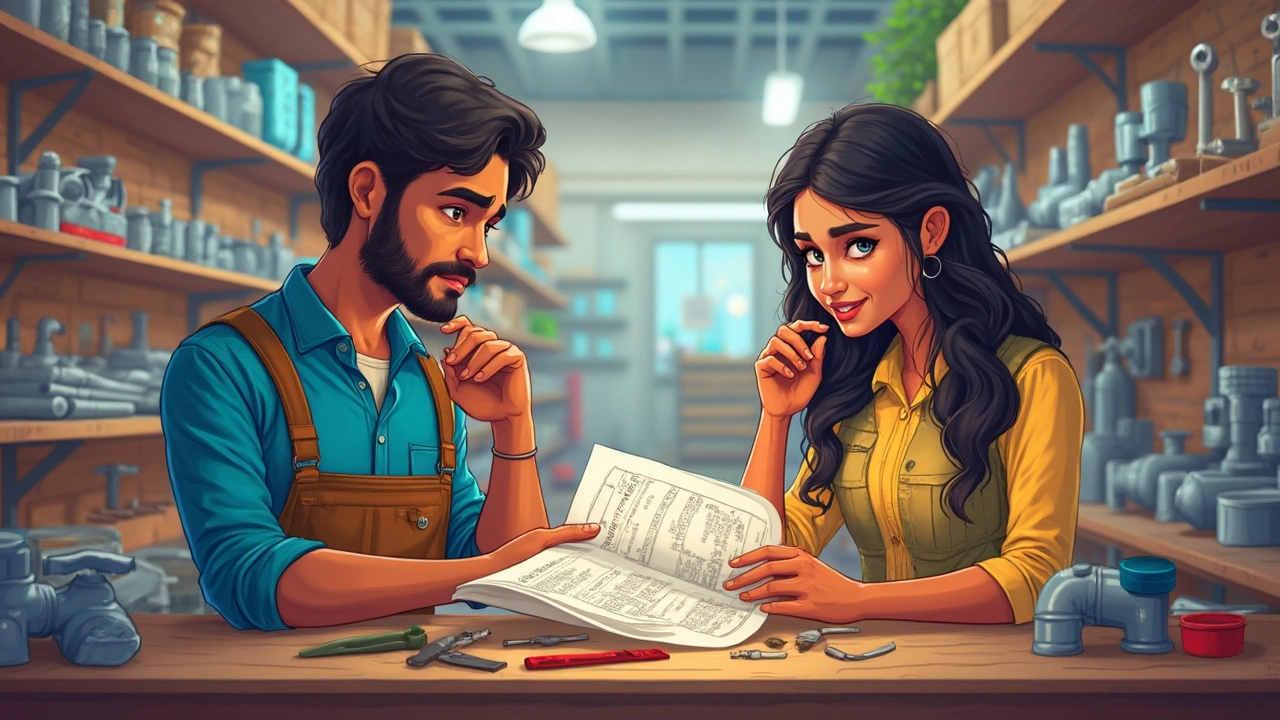Become a Plumber: Your Roadmap to a Rewarding Trade
When you become a plumber, you choose a hands‑on career that blends problem‑solving, physical work, and steady demand. Also known as plumbing career, it opens doors to reliable income and growth. Become a plumber also means you’ll eventually look at the plumber salary, which varies by region, experience, and certification level, consider the master plumber certification, the highest credential that boosts pay and job scope, and start with a plumbing apprenticeship, the practical training that builds core skills. These elements together shape a clear pathway into the trade.
Key Steps to Launch Your Plumbing Career
The first step is enrolling in a recognized apprenticeship program. Apprenticeships combine on‑the‑job learning with classroom instruction, usually lasting four years and culminating in a journeyman license. While you’re on the job, you’ll master pipe sizing, fixture installation, and code compliance—skills that form the backbone of everyday plumbing work. After earning your journeyman status, many pros chase the master plumber credential, which often requires additional years of experience, a written exam, and proof of project management capabilities.
Salary considerations become clearer once you have a license. According to recent market data, entry‑level plumbers in major Indian cities start around INR 3‑4 lakhs per year, while master‑qualified plumbers in high‑demand regions can earn upwards of INR 9‑10 lakhs. Factors that influence these numbers include the type of employer (contractor vs. self‑employed), geographic location, and whether you specialize in residential, commercial, or industrial plumbing. Knowing the salary landscape helps you decide whether to stay with an employer or launch your own service business.
Certification isn’t the only lever for higher earnings. Investing in specialized training—like pipe‑fitting, gas‑line installation, or green‑building plumbing—can set you apart. Trade schools and vocational institutes across India now offer short courses that focus on emerging technologies such as solar‑thermal water heating and water‑conservation systems. These niche skills are increasingly valued as sustainability becomes a priority for developers and homeowners alike.
Beyond the pipes, understanding the broader context of high‑paying trades can guide your career moves. Trades such as electrical work, HVAC, and welding often command comparable or higher wages, especially when you add certifications. Comparing the earnings and job outlook of these fields helps you spot crossover opportunities—like becoming a dual‑certified electrician‑plumber, a combo that many contractors actively seek.
Finally, career development doesn’t stop at the diploma. Ongoing learning through workshops, industry conferences, and online platforms keeps you updated on code changes, new materials, and safety protocols. Networking with seasoned plumbers, joining professional bodies, and staying active in community forums also opens doors to mentorship and lucrative projects.
With these insights in mind, you’re ready to explore the collection of articles below. They dive deeper into each step—apprenticeship options, certification pathways, salary breakdowns, and strategies to turn plumbing expertise into a thriving business.
Plumber Training Course: How Does Someone Become a Plumber?
Thinking about a new career and wondering how someone actually becomes a plumber? This article walks you through the steps, from deciding if plumbing's right for you, to getting hands-on training, to earning your license. You'll learn about real-world apprenticeship tips, what to expect during training, and potential career paths you might not have considered. No jargon or fluff—just practical tips and real talk. By the end, you'll know exactly what it takes to get started as a plumber.

